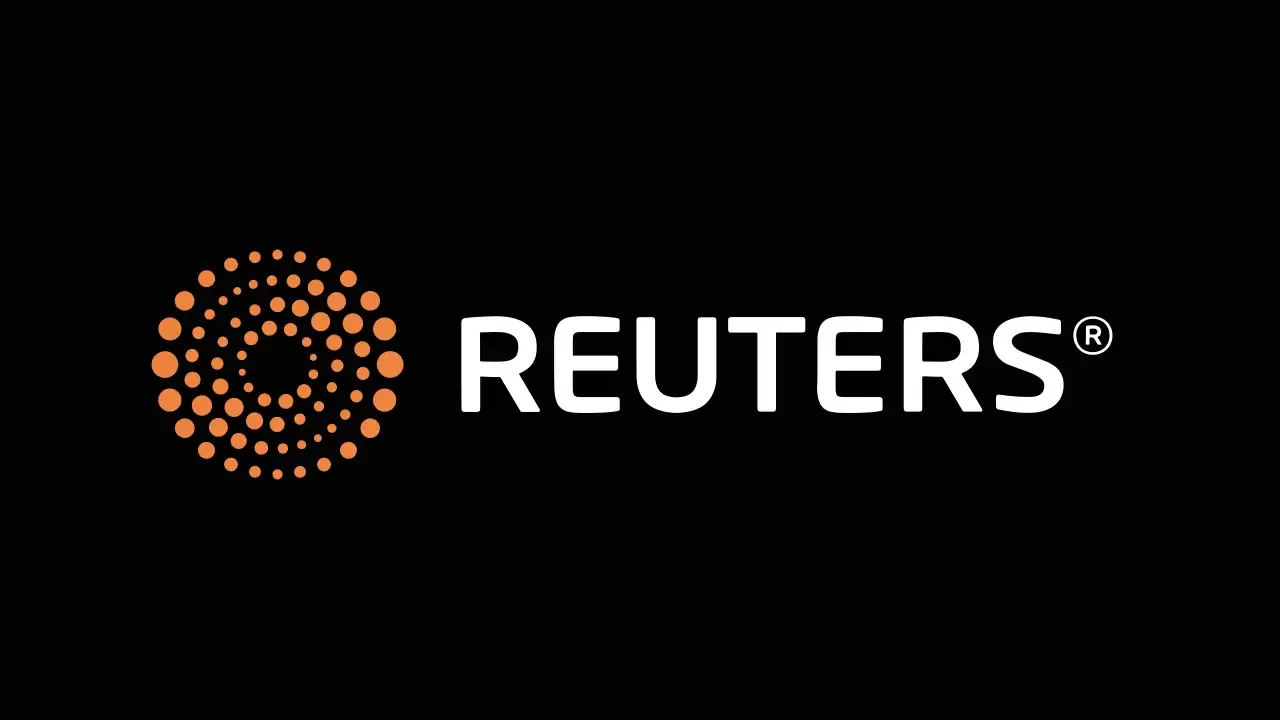Oct 9 (Reuters) - The U.S. central bank should move cautiously on further interest rate cuts, Federal Reserve Governor Michael Barr said on Thursday, in a speech that leaned heavily into the risks of inflation, even as he acknowledged the potential vulnerabilities in a "roughly balanced" labor market.
"The FOMC (Federal Open Market Committee) should be cautious about adjusting policy so that we can gather further data, update our forecasts, and better assess the balance of risks," Barr said in remarks prepared for delivery to the Economic Club of Minnesota, his first on monetary policy since June.
With both upside inflation risks and downside risks to the labor market, the Fed is in a "challenging position" with no risk-free path forward as it sets monetary policy, Barr said, explicitly borrowing the way Fed Chair Jerome Powell phrased the central bank's current quandary.
Barr said he supported the Fed's quarter-of-a-percentage-point reduction to the policy rate last month, but he focused many of his comments on the risks the Trump administration's tariffs pose to inflation, suggesting he is not sold on the need for a series of rate cuts, as financial markets currently expect.
He said he forecasts underlying inflation by the Fed's key measure, the core Personal Consumption Expenditures Price Index, to rise to above 3% by the end of this year, and noted that central bank officials do not expect headline inflation to fall to the 2% goal until the end of 2027. That would be the longest period of PCE inflation above 2% since a seven-year stretch that ended in 1993, Barr said.
Advertisement · Scroll to continue
"After the high inflation Americans have endured, two more years would be a long time to wait for a return to our target, and that possibility weighs on my judgment for appropriate monetary policy," he said.
IMPACT OF TARIFFS ON INFLATION
Firms so far have not passed on as much of the higher tariff-related costs to consumers as expected, a fact that some Fed policymakers have noted as they have become more comfortable with the idea that the import levies won't drive inflation persistently higher.
But companies' plans to normalize their profit margins over time, Barr said, imply "a gradual, but longer, upward trajectory for inflation, a pattern of price increases that I fear could convince many consumers that higher inflation is going to be more of a permanent phenomenon."
Barr also noted recent data showing stronger consumer spending and took note of President Donald Trump's freshly announced tariffs on trucks.
"I am skeptical of assurances that we should fully 'look through' higher inflation from import tariffs," he said.
Barr said a softer labor market could help mitigate these risks, and noted that it's difficult to tell, particularly without official data during the current federal government shutdown, how much demand for labor has softened.
"With the easing in output growth and the likelihood of tariffs and labor supply weighing on the economy in the months ahead, we need to be prepared for the possibility that the softening in the labor market will become something worse, especially if there is a further adverse shock to demand," he said.
"If we see heightened risks in the labor market, then we may need to move more quickly to ease policy. The FOMC can, and I believe would, act forcefully to stabilize the economy if necessary," Barr said.
Reporting by Ann Saphir; Editing by Paul Simao
